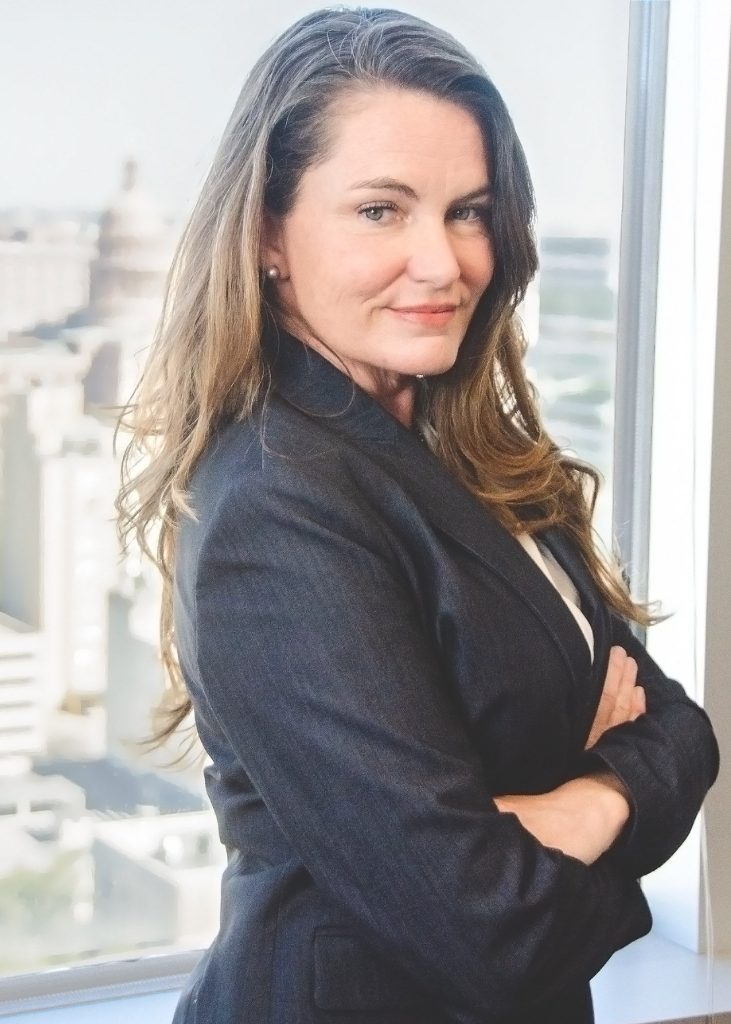NOBC News
From Trauma Nurse to Trustee: Championing Efficient, Compassionate Leadership in Education
 I am Kelly Marwill, RN, BSN, CLNC—a nurse, community leader, and advocate for effective and responsive governance. As a trustee for the Eanes Independent School District, I bring a unique perspective to the boardroom, shaped by my years of frontline experience as a trauma nurse. I am the only healthcare professional serving on the Eanes ISD board, and I take that responsibility seriously, working to ensure that our decision-making processes prioritize efficiency, transparency, and student-focused solutions. I also serve on the Board of Directors for the Westlake Chamber of Commerce and chair the Leadership Westlake program, helping develop local leaders committed to civic responsibility. My work extends beyond education—I’ve served as the past president of Pop Up Birthday, a nonprofit dedicated to bringing joy to foster children on their birthdays.
I am Kelly Marwill, RN, BSN, CLNC—a nurse, community leader, and advocate for effective and responsive governance. As a trustee for the Eanes Independent School District, I bring a unique perspective to the boardroom, shaped by my years of frontline experience as a trauma nurse. I am the only healthcare professional serving on the Eanes ISD board, and I take that responsibility seriously, working to ensure that our decision-making processes prioritize efficiency, transparency, and student-focused solutions. I also serve on the Board of Directors for the Westlake Chamber of Commerce and chair the Leadership Westlake program, helping develop local leaders committed to civic responsibility. My work extends beyond education—I’ve served as the past president of Pop Up Birthday, a nonprofit dedicated to bringing joy to foster children on their birthdays.
My journey to the school board was shaped by firsthand experience within the district. As a 15-year resident of the Eanes community, I’ve been deeply involved—as a parent, a substitute nurse, a volunteer, and a leader in campus committees. Those roles allowed me to witness the challenges and opportunities within the school system from multiple perspectives. Over the years, I worked closely with parents, teachers, and administrators, gaining insight into what students need to thrive. That understanding led me to run for office, determined to champion policies that support academic excellence, streamlined governance, and frontline educators. Teachers, much like nurses, are the backbone of their respective institutions—both are essential, yet often overlooked in top-level decision-making. Efficiency in board operations ensures that educators feel heard, valued, and supported, without unnecessary bureaucratic delays.
My experience as a trauma nurse has shaped my leadership in profound ways. In healthcare, quick decision-making, crisis management, and collaboration with multidisciplinary teams are essential. These same skills are critical in board service, where complex issues demand clear thinking, effective communication, and decisive action. I have seen firsthand how inefficient policies can create barriers for those on the front lines. That’s why I champion board efficiency—ensuring that governance isn’t bogged down by unnecessary procedures, but instead remains agile, data-driven, and focused on tangible results for students and educators.
Transitioning from nursing to governance has been one of my greatest challenges. In healthcare, outcomes are immediate and measurable (and don’t forget to chart it!). But board leadership requires long-term, systems-level thinking. Decisions made today may take months or even years to be fully realized, and the feedback loop is slower. Navigating parliamentary procedures, legal constraints, and policy frameworks has been an adjustment. As a nurse, when someone’s in crisis, you act immediately. But in board service, sometimes a subcommittee is formed… and a year later, it reports back. My goal is to balance thoughtful deliberation with efficient governance, ensuring that policy moves at a pace that reflects the urgent needs of our students, teachers, and families.
Nurses bring a critical skill set to board leadership. We understand that education doesn’t exist in isolation from physical, mental, and emotional health. We advocate for the whole child, ensuring that schools prioritize student well-being alongside academic achievement. We also bring a science-informed, solutions-oriented voice to board conversations, ensuring that policies are data-driven and efficiently implemented. Nurses consistently rank among the most trusted professionals, and that trust is invaluable in strengthening community confidence—especially in times of uncertainty.
My biggest takeaway? Effective governance isn’t just about making decisions—it’s about making the right decisions efficiently, so that real change happens at the ground level. Nurses and teachers are the human face of larger systems, grounded in compassion, observation, and hands-on support. I serve to ensure that policy reflects the lived experiences of students, educators, and staff—not just the discussions happening in the boardroom.
So yes, I’m still trying to save lives—just now through smart, efficient policy, healthy schools, and a governance model that works for the people it serves. And while I may no longer have a crash cart, I bring a strong sense of urgency to every decision, ensuring that our schools remain places where students and teachers alike feel supported, seen, and valued.
“Board service can be rewarding to nurses both personally and professionally. It not only requires them to exercise leadership; it expands those skills and advances their capabilities and knowledge. It gives nurses the chance to meet people and enhance their professional networks. And it can be inspirational and empowering.”
-Sue Hassmiller, PhD, RN, FAAN, Robert Wood Johnson Foundation
